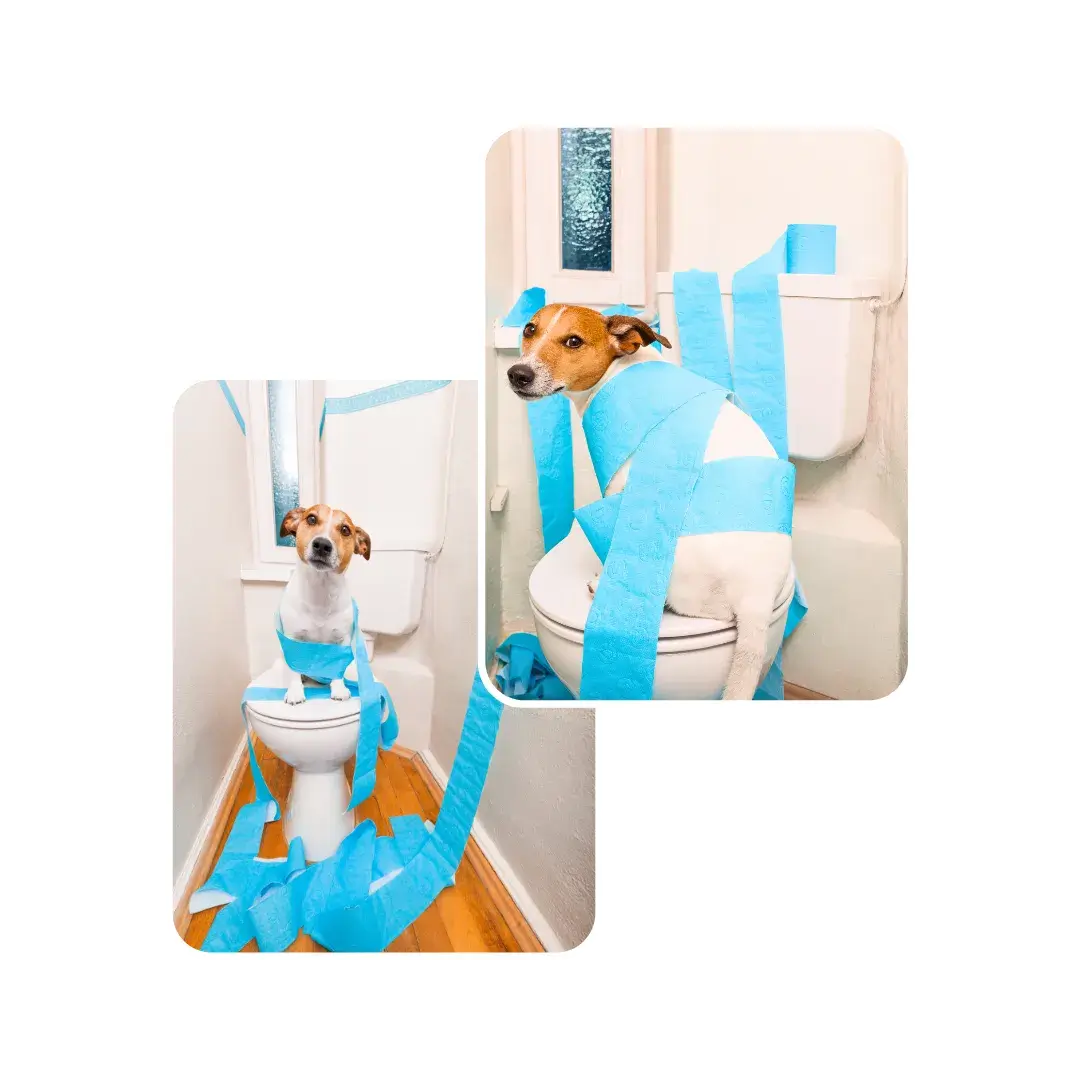

Most cases are caused by diet changes, spoiled food, infections, or parasites. More serious causes include parvovirus, liver disease, or inflammatory bowel disease.
If your dog has bloody diarrhea, vomits, refuses food, or seems weak, it’s an emergency that needs a vet immediately.
Yes. Viral infections like parvo or bacterial infections can spread quickly. Always isolate a sick dog and disinfect living areas.
A bland diet such as boiled chicken and rice or a vet-prescribed gastrointestinal diet. Avoid fatty or spicy foods.
Yes. Travel, new environments, or major changes at home can cause stress-related diarrhea.
Feed a consistent, balanced diet, avoid spoiled food, maintain parasite prevention, and keep vaccinations up to date.
Yes. You can explore more about dog problem and treatment on our dog page to stay informed and prepared.
Your pet deserves expert care – Subscribe now for trusted tips and updates from our pet experts.
